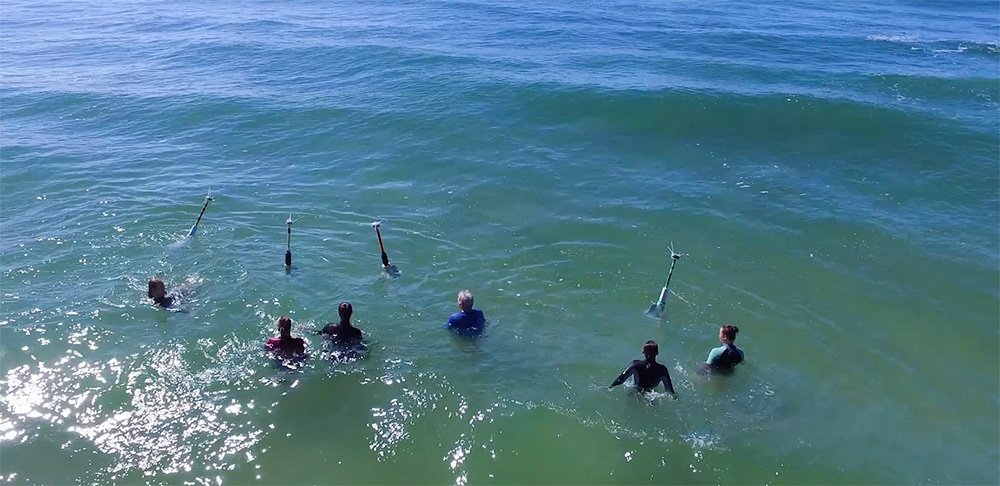
School Study Guides
Rip Current Heroes was the world’s first rip current documentary special and was also produced with a dedicated school study guide, designed to give teachers and students a comprehensive understanding of rip current science and survival strategies.
The study guide is tailored primarily to secondary school students and curriculums with relevance to units of work in the learning areas of health and physical education, science and geography, but much of the content could also be adapted to primary curriculums.
The guide contains a broad range of interesting and fun student activities and tasks all designed to give students knowledge of :
The science of rip currents: what they are, how they form and how they flow
The different types of rip currents and where they occur
How to spot a rip current
What to do if caught in a rip current
How to react when someone else is caught in a rip current
Approaches to educating communities about a natural hazard.
Watch the full 50 minute program of Rip Current Heroes
For more information about the rip current documentaries and school study guide, please contact.
Jason Markland
Producer of the broadcast documentaries
Rip Current Heroes
Escaping Rip Currents
Rip Current Rescue
Email : jasonmarkland@me.com
Professor Rob Brander
School of Biological, Earth
and Environmental Sciences
UNSW Sydney
Sydney, NSW 2052 Australia
Email : rbrander@unsw.edu.au
The MyCoast NSW Study
Although not related to rip currents, several years ago I received a grant from the NSW Government to conduct a study to find out what the New South Wales (Australia) community understands about coastal erosion and coastal inundation, as well as the driving forces behind these hazards: sea level rise and severe coastal storms.
This MyCoast NSW study highlighted community knowledge, perceptions, values and attitudes of NSW coastal communities in relation to ‘their coast’ and key themes related to associated management issues and strategies.
The purpose of the MyCoast NSW Study was to provide an evidence-based platform to assist local governments and coastal management professionals in the future development of suitable and effective educational strategies and programs to help improve the ability of NSW coastal communities to adapt sustainably to the risk of coastal erosion and inundation.
What do these people understand about coastal erosion and sea level rise? (photo Anna Attard)
Resources and Student Study Guide
The outputs of the MyCoast NSW Study included a number of resources that are freely available and include:





